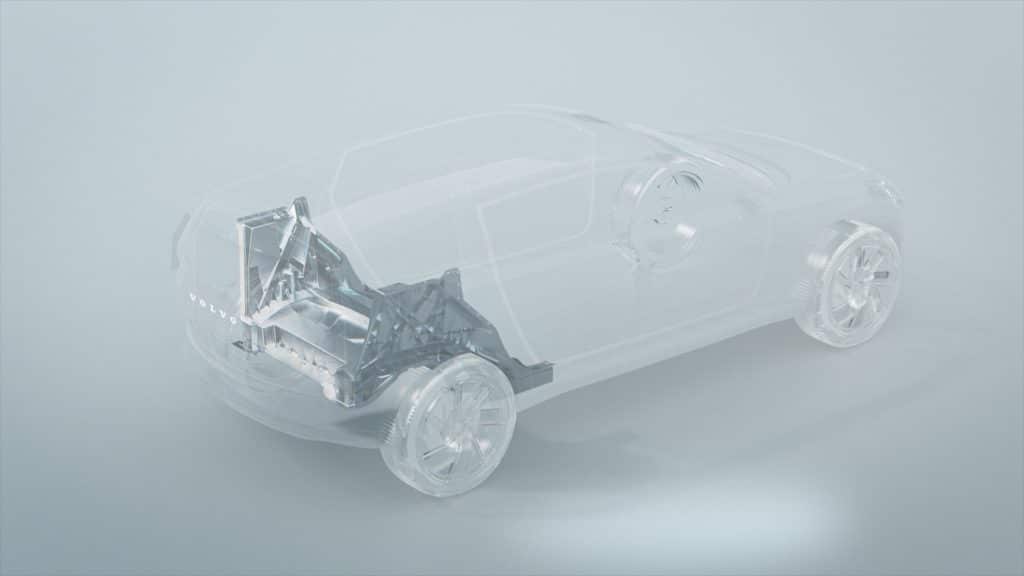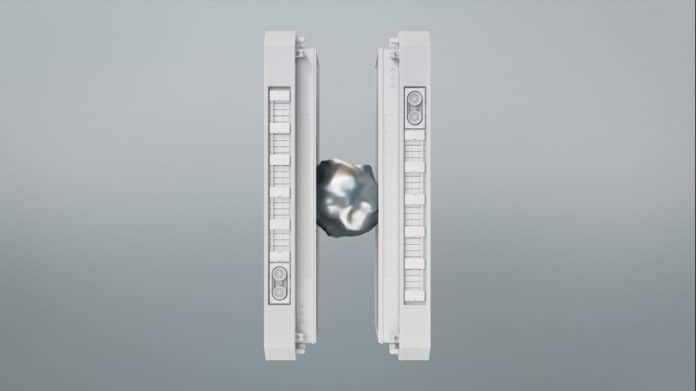Swedish automaker Volvo Cars aims to offer customers a longer range, quicker charging and lower costs, and reach new milestones in automotive safety and sustainability. To realize these ambitions, Volvo Cars is investing SEK10 billion ($1.1 billion) in its Torslanda manufacturing plant in Sweden in coming years, in preparation for the production of that next generation of fully electric cars with huge cast parts.
As part of the planned investments, the company will introduce a number of new and more sustainable technologies and manufacturing processes in the plant. These include the introduction of the mega casting of aluminum body parts, a new battery assembly plant, and fully refurbished paint and final assembly shops.
The investment plans represent a new step towards the company’s all-electric future and prepare for even more advanced and better electric Volvos. “Torslanda is our largest plant and will play a crucial role in our ongoing transformation as we move towards becoming a pure electric car maker by 2030,” said Håkan Samuelsson, chief executive.

Mega casting creates a number of benefits in terms of sustainability, cost, and car performance during the car’s lifetime, and Volvo Cars is one of the first carmakers to invest in this process. The company claims that the introduction of the mega casting of aluminum body parts for the next generation of electric Volvo models will improve the energy efficiency as well as the electric range of its cars. This will further allow vehicle designers to make the most out of the available space inside the cabin and luggage areas, boosting the versatility of the car.
The process also creates cost savings in terms of material use and logistics, reducing the overall environmental footprint across the manufacturing and supply chain networks. A new battery assembly plant will integrate battery cells and modules in the floor structure of the car, while the assembly shop is being refurbished for the accommodation of next-generation fully electric cars.
“Today is a great day for the Torslanda plant as we are making it fit for the future with this investment package,” said Javier Varela, head of engineering and operations at Volvo Cars. “Our future as a company is all-electric, and that requires a variety of upgrades across the plant to ensure that Torslanda can continue to build premium electric cars of the highest quality.”
In addition to investing in mega-casting, it’s also putting SEK 30 billion ($3.3 billion) in the development and manufacturing of high-quality, tailor-made batteries for the next generation of pure electric Volvo models.
